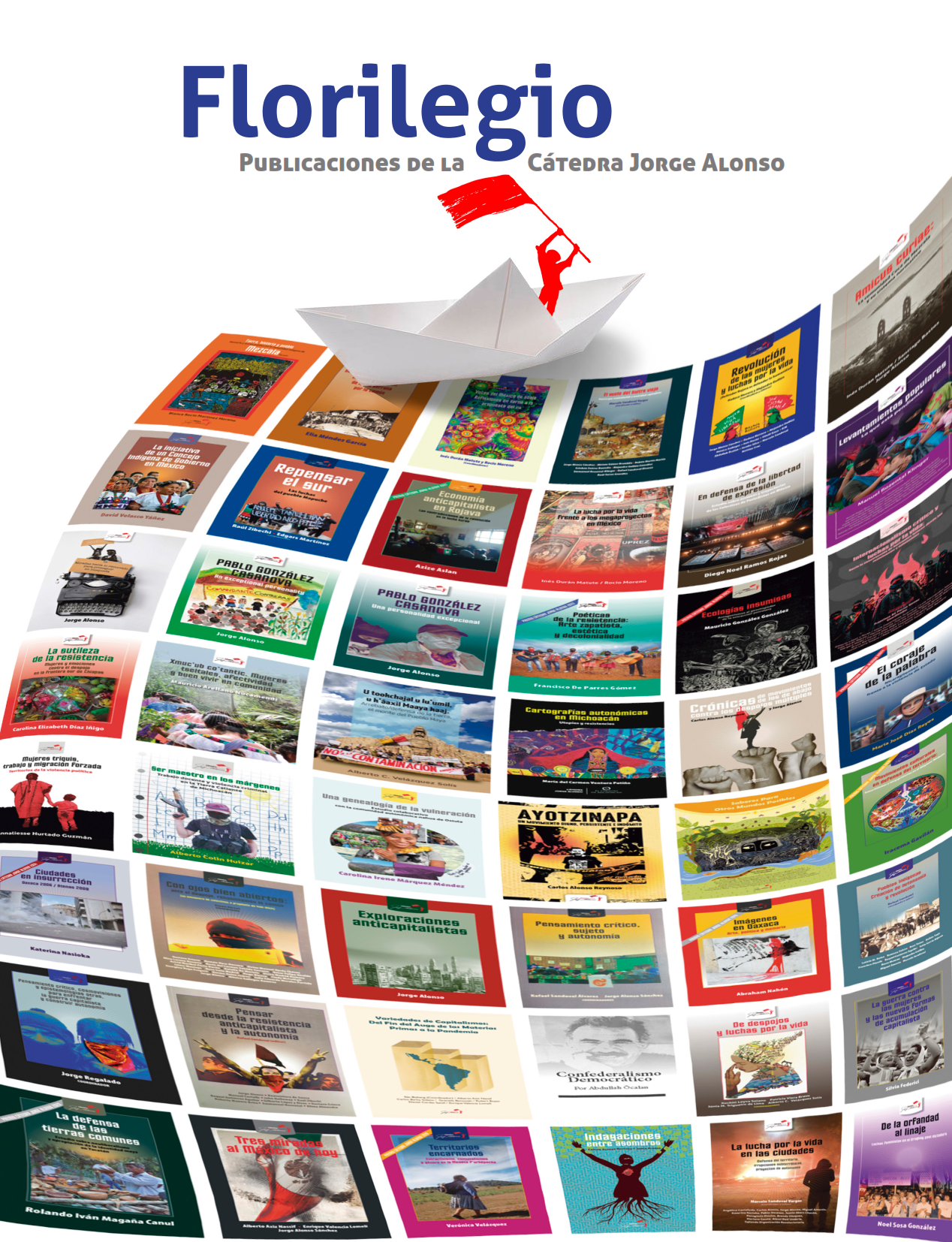Yury Buida and Fyodor Dostoyevsky: Types of Intertextual Connections
Resumen
ABSTRACT
The essay addresses various forms of dialogue with F. M. Dostoevsky in the cycle of stories by Yuri Buida ‘The Osor’ins Chronicles’. The authors show that this dialogue is manifested through intertextual connections, allusions, details, narrative techniques defining the inner subplot of the cycle associated with the types of characters, philosophical problems inherent in Dostoevsky’s works (freedom and lack of freedom, crime and punishment, passion and lust), and also with the prophetic forebodings of the writer.
RESUMEN
El ensayo aborda diversas formas de diálogo con F. M. Dostoievski en el ciclo de historias de Yuri Buida "The Osor’ins Chronicles". Los autores muestran que este diálogo se manifiesta a través de conexiones intertextuales, alusiones, detalles, técnicas narrativas que definen la trama interna del ciclo asociado con los tipos de personajes, problemas filosóficos inherentes a las obras de Dostoievski (libertad y falta de libertad, crimen y castigo, pasión y lujuria), y también con los presentimientos proféticos del escritor.
Citas
ALEKSANDROVNA, VR (2020). “Precedent Phenomena with Sphere Source “Literature” in M. Stepnova’s Artistic Discourse.” Филологические науки, 13(7).
AMINEVA, V, IBRAGIMOV, M, NAGUMANOVA, E, KHABIBULLINA, A & YUZMUKHAMETOVA, L (2015). “Aesthetic interference and untranslatability as concepts of comparative literary studies”, The Social Sciences, 10(7).
BAKHTIN, M (1979). Problemi poetiki Dostoyevskogo [The problems of Dostoyevsky’s poetics], Moscow: Sovetskaya Rossia.
BEKMETOV, R (2015). “Comparative studies of literature in Russia: exploration of new paradigm”, Journal of Language and Literature, 6(2), pp.141–145.
BERDYAEV, N (1994). “Philosophiya tvorchestva, culturi, iskustva v 2 tomakh” [Philosophy of creativity, culture, art in 2 volumes], 4(12), Мoscow: Iscustvo, p.510.
BIBLER, V (2012). “Ot naukoucheniya k logike culture” [From science teaching to the logics of culture], URL: http://e-libra.ru/read/99370-ot-naukoucheniya-k-logike-kultury-dva-filosofskix-vvedeniya-v-dvadcat-pervyj-vek.html (mode of access: 16.01.2020)
BLACKER, U (2015). “Writing from the Ruins of Europe: Representing Kaliningrad in Russian Literature from Brodsky to Buida”, In Slavonic and East European Review, 93(4), pp.601–625.
BUIDA, Y (2014). “Yad i myod. Povesti i ruskasi” [Poison and Honey. Tales and Stories], Мoscow: Eksmo. All stories under analysis are quoted from this edition. All translations from Russian are by the authors.
COHEN, RA ET AL. (2013). “Strategies used by adults to reduce their prescription drug costs”. NCHS Data Brief, p.119.
DEWEESE, D & MUMINOV, AK (2008). “Islamization and sacred lineages in Central Asia: the legacy of Ishaq Bab in narrative and genealogical traditions 4(5)”. Almaty: Daik-Press.
KARKINA, S, VALEEVA, R & SINGH, B (2019). “Signature pedagogies of music learning by the Means of MOODLE across Russian and Indian Approach”, ACM International Conference Proceeding Series, pp.575–58.
KASATKINA, T (2009). “Kak mi chitayem russkuyu literature: o sladostrastii” [How we read Russian Literature: about Lust’], Novii Mir, 8(5), URL:http://www.booksite.ru/fulltext/dos/toj/evs/kii/dostojevskii_f/sbor_stat/59.htm (mode of access: 16,01.2020).
KRISTEVA, J (2004). Izbranniye trudi. Dekonstruktsiya poetiki [Collected works. Deconstructruction of poetics. Translated from French], Rossiiskaya politicheskaya entsiklopediya [Russian Political Encyclopedia], Moscow.
LOTMAN, Y (1996). Vnutri mislyashih mirov [Within thinking worlds], Moscow: Yaziki russkoi kulturi.
MAMAEVA, A, GIZATULLINA, A, MINGAZOVA, R & AT AL (2017). “Specific ways of expressing emotions in the Tatar and French languages”, Modern journal of language teaching methods, 7(12), pp.84-89.
MARALOVA, TP, FILIPENKOVA, OG, GALITSKIKH, EO, SHULGA, TI, SIDYACHEVA, NV & OVSYANIK, OA (2016). “Methods of Psychological and Pedagogical Accompaniment of First-Year Students in Process of Adapting to Learning at University.” International Journal of Environmental and Science Education, 11(17), pp.10569-10579.
MEAD, P & DOECKE, B (2020). Pedagogy. In Oxford Research Encyclopedia of Literature.
MOZUR, J (2003). “World Lit. Today”, June 4, 2003 – URL: http://www.nthposition.com/theprussianbride.php (mode of access: 16.01.2020)
NORDRUM, A (2020). “Scientists use stem cells to treat Covid-19 patients in China, IEE spectrum”, 26 March, https://spectrum.ieee.org/the-human-os/biomedical/devices/stem-cells-covid19-china
RAMÍREZ MOLINA, R., MARCANO, M., RAMÍREZ MOLINA, R., LAY RABY, N & HERRERA TAPIAS, B (2019). “Relationship Between social intelligence and resonant leadership in public health Institutions”. Opción. Revista de Ciencias Humanas y Sociales, 35(90), pp.2477-9385.
READY, O (2015). “Buida in England. An Interview with the Translator. Oliver Ready”, November 9, URL: http://podularity.com/2014/04/07/conversations-with-translators-i-oliver-ready-on-crime-and-punishment/ (mode of access: 16.01.2020)
VILLALOBOS ANTÚNEZ, J & RAMÍREZ MOLINA, R (2018). “El derecho a la autobiografía: dimensión ius-filosófica desde la perspectiva de H. Arendt y P. Ricoeur”. Opción. Revista de Ciencias Humanas y Sociales, 34(18), pp. 1012-1587.









